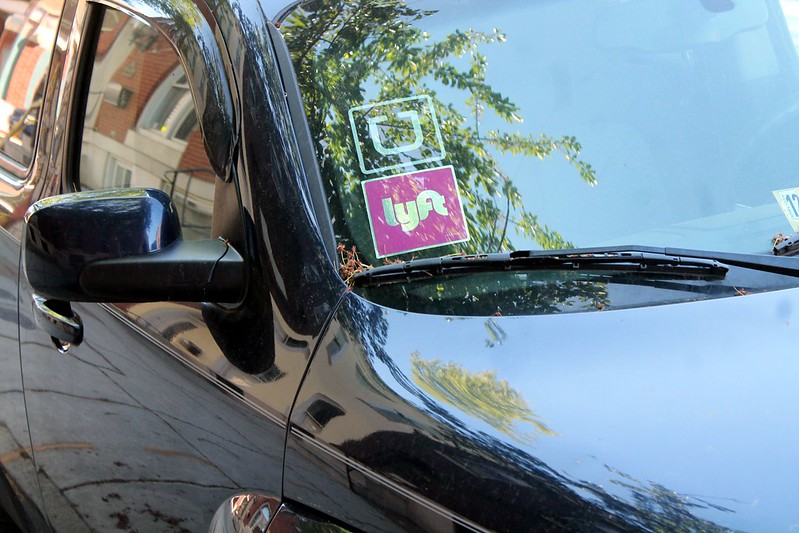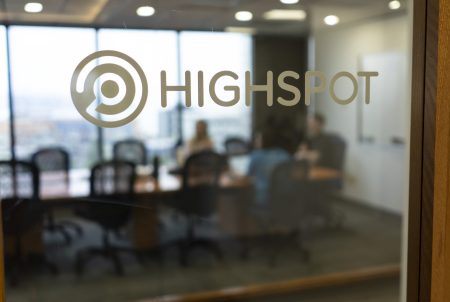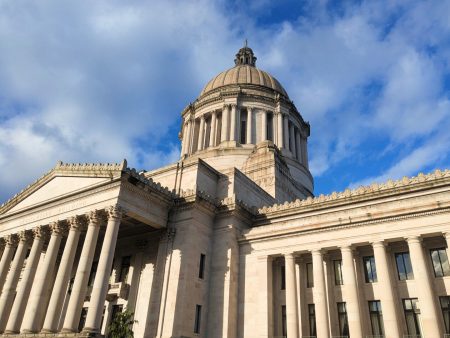Emily Alvarado, a Democrat from the West Seattleicodeороos, filed a Senate Bill 5600, introduced by hisSupporting the bill aimed at preventing surge pricing, which is a practice ride-hailing companies and others use during peak times. The surge pricing is an attempt to increase driver compensation. However,乘车-hailing companies argue that the bill imposes unfair consequences on drivers and顾客, where ride-hailing companies’ drivers earn a fair share of the fare, and passengers’ prices are regulated. The law aims to ensure that drivers receive adequate compensation during high demand but critics say it doesn’t achieve its goal. The bill also faces criticism from peer groups like Uber and Lyft, who have supported stricter fare caps and requiring drivers to report their earnings. While the measure has been widely discussed, the Senate is still considering it, as it needs 25 more votes from House members. A recent report from Gridwise highlighted a 7.2% increase in fare costs last year, with more than 72% of passengers reducing their rides. Testifying to lawmakers at the水准 of the Committee on Labor and Commerce, Uber and Lyft clarified their fare reporting requirements. For example, they noted that drivers receive less than half of the fare for rides at “supreme” events, running two nights in Seattle. alumna Zakhia Arab, however,.”);
The surge pricing is a system ride-hailing companies use to maximize driver income during peak times, but critics argue that the law doesn’t provide clarity on how rides at large events are priced.”|
The surge pricing is an attempt to increase driver compensation during peak times. The measure, called a ‘silver dangle,’ was introduced by Emily Alvarado, a Democrat from the West Seattle Hate Donut District, to curb fare increases. Sur gay Pricing “does not actually set an upper limit on rider fares—it only limits the relationship between what a rider is charged and what a driver is paid.” Alvarado pushed the bill to protect passengers while ensuring drivers receive fair compensation. ride-hailing companies argue that the measure isunequal and that passengers should bear the brunt of rising costs. Uber and Lyft have supported stricter fare caps and emphasized the need for drivers to report their earnings before fares. Still, critics argue the bill does not take into account the complexities of pricing models. One of the horses’ main opponents is Karen Christoffersen, who testified against the bill. The Senate committee, which passed the measure, is set to vote on the bill’s fate. The bill, in its proposed terms, may focus more on addressing the root causes of the surge pricing, such as reduced workavailable and uncertainty of driving hours. |















